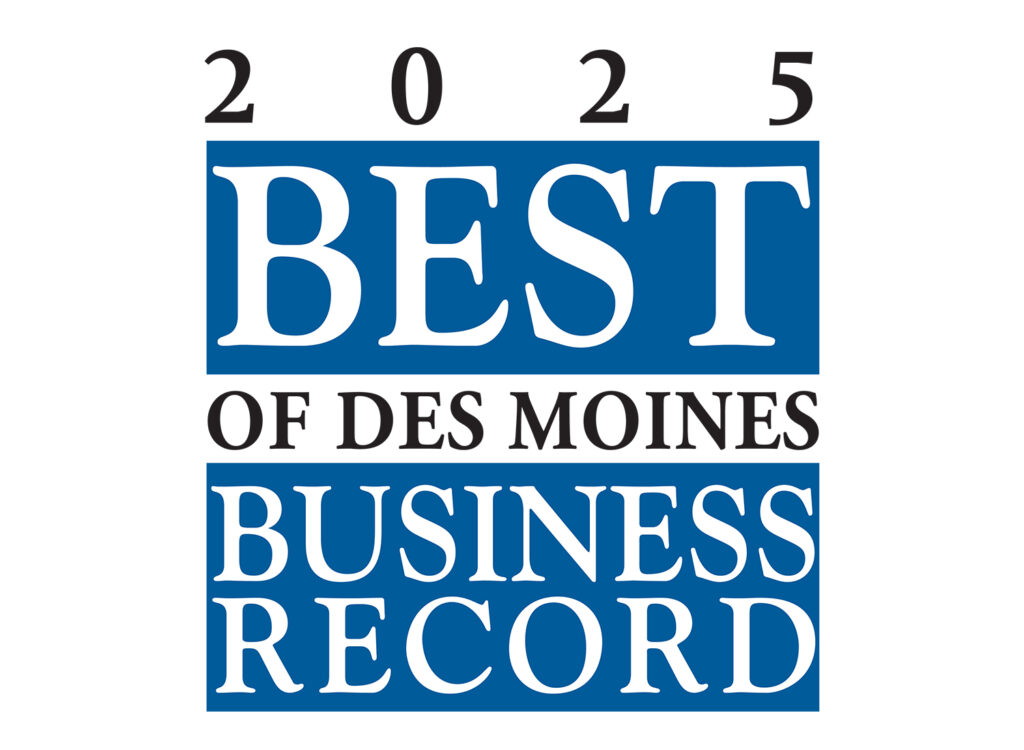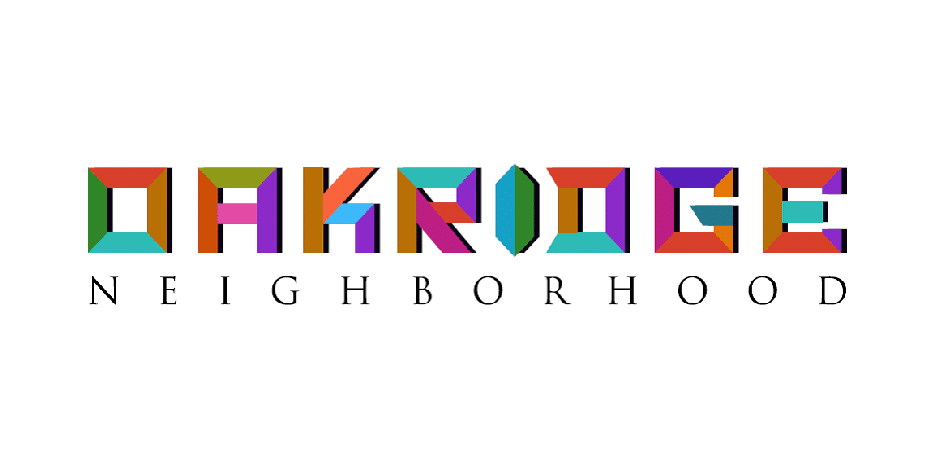Immigrant entrepreneurs
In search of the American dream, their drive helps fuel the economy

There’s a reason Ying Sa spends her days helping immigrants get their businesses up and running.
Sa, who works for Des Moines-based Community CPA & Associates Inc., teaches her clients about the U.S. tax system and helps fill in the gaps when it comes to how businesses are started.
She does this because she knows immigrants represent a significant percentage of new entrepreneurs.
“They bring wealth to society, purchasing power and become employers,” she said.
As a 9 percent unemployment rate continues to hang over the nation’s head, it’s clear America needs jobs and it needs them fast. However, most politicians and Americans are divided on the best way to spur job growth.
But even amid political gridlock, there is a consensus that small businesses will play a role. The Small Business Administration (SBA) reports that there are 27 million small businesses in the United States and those businesses generate income for 70 million employees and family members.
And immigrants are contributing a great deal when it comes to new businesses. An SBA report found that at least one founder was foreign born in about 16 percent of companies.
Additionally, a 2010 Kauffman Foundation study showed that the entrepreneurial rate among immigrants increased while the rate for American-born entrepreneurs actually declined between 1996 and 2010.
The report found that immigrants were more than twice as likely to start businesses each month in 2010 than native-born residents: For immigrants, 620 out of 100,000 people started businesses each month, compared with native-borns, among whom 280 out of 100,000 people started businesses each month.
However, research on the changing composition of entrepreneurs is new, and there isn’t much in terms of the effect these immigrants have on a local or state level.
During the past several years, the Kauffman Foundation has funded several studies, but a blog entry posted on its website called for more state research to be conducted. The post specifically said the U.S. Census Bureau should consider adding a report to its Survey of Business Owners, which is the largest survey of small business owners.
The blog entry said that immigrant entrepreneurs have more than doubled over the past decade and a half, but little is known at the national and especially sub-national levels.
“The data exists; all that is needed is a recognition of this important group among entrepreneurs,” the blog post said.
Dave Lentell, a spokesman at the Des Moines district office for the Small Business Administration (SBA), said when it comes to state and local statistics, the SBA doesn’t track immigration status. Additionally, Tina Hoffman, a spokeswoman for the Iowa Economic Development Authority, said the organization doesn’t compile overall statistics for business ownership.
But it is certain that immigrants are coming to the United States for education, better job opportunities or just the hope for an easier life. And through their ideas and innovations, these entrepreneurs are helping drive the economy.
They’re opening up mom-and-pop shops in the restaurant and service industries, making advancements in technology, and creating jobs through high-tech start-ups.
Aside from Sa’s CPA work, she helps run the Immigrant Entrepreneurs Summit – an annual workshop held in Iowa that covers everything from the types of licenses need to operate a business and how to apply for them, to effective marketing tactics and how to file tax returns.
This year’s summit will take place Nov. 12 at Drake University with keynote speakers Gov. Terry Branstad and Lt. Gov. Kim Reynolds.
Between 2009 and 2010, Sa said summit attendees formed 89 new companies. The majority of the businesses started were service-oriented, including hair salons, nail salons, cleaning companies, restaurants and construction companies.
“There are gaps between the understanding of our business system that people are not accustomed to,” Sa said. “They have the ideas but not the information.”
Sa said the summit also helps break down the boundaries between the different ethnic groups, which opens up the playing field to find new resources and customers.
“The biggest struggle for those who speak English as their second language is their inability to mingle within their community,” she said. “They’ll open up a mom-and-pop shop and only serve their community. They’ll do OK, but they could do so much better.”
But immigrants aren’t only setting up small stores and businesses. They’re also starting high-tech scalable companies, which are playing a crucial role in job creation.
Entrepreneurs like Suresh Kothari, Zack Kassim, Nabeel Meghji and Tej Dhawan – who have all created successful companies.
Kothari came to the United States from India in 1972 to attend college. After graduation, he eventually began teaching at Iowa State University, and then in 2002, he began a software company based in Ames with his undergraduate research assistant.
His company, Ensoft Corp., runs internal diagnostic tests on large software programs used in automobiles and airplanes to help companies target areas that need maintenance or updates.
Now, the company has more than 200 clients, including major automakers such as Ford Motor Co., Honda Motor Co. Ltd. and Toyota Motor Corp. It employs eight people full time and has distributors in Japan and Europe.
Kassim, born in Somalia, and Meghji, born in Tanzania, started Heartland 2 Africa LLC last year. Their company helps businesses in Iowa and the Midwest expand by exporting to Africa, a continent that is growing rapidly.
“People see it only as a continent full of war and conflict, but seven out of the 10 emerging markets are coming out of Africa,” Kassim said.
And Heartland 2 Africa is growing quickly. It now has five full-time employees, uses consultants on a regular basis and plans to expand its staff next year.
The company helps clients in a wide range of industries, including agriculture, alternative energy, construction and the medical field.
Kassim said most Iowans don’t see how their products would fit into the African market, so by helping companies get into the marketplace, Heartland 2 Africa can help Iowa.
“Our main goal is to get the economy of Iowa going – to do that we need [our clients] to get into that market, so they can sell more and hire more,” he said.
Dhawan came to the United States from India. After he graduated from Central College in 1991, he started a software consulting company. In 1995, he joined forces with a high school friend who had a similar company. Over the years, their company, now called Advanced Technologies Group Inc. (ATG), slowly grew from two employees to nine, and then after winning a federal contract, it ballooned up to 50 employees.
Dhawan ended up leaving ATG to pursue other ventures, and most recently he helped create StartupCity Des Moines, a business incubator for technology-oriented start-ups.
“That’s where growth comes from,” Dhawan said. “It’s the start-ups that create job growth.”
But again, how much growth and the impact immigrant entrepreneurs are having on the economy will remain a mystery until more research is done on the matter. However, when it comes to success stories here in Des Moines, Dhawan is able to list company after company that was founded by immigrants.
“There are plenty of success stories, but many are fairly quiet,” he said. “But I think as start-up success stories continue to get bigger, these companies will gain traction for a national stage.”
The chart reflects estimates of the Kauffman Index of entrepreneurial activity by nativity. The Kauffman Index is a leading indicator of new business creation in the United States. It captures new business owners in their first month of significant business activity and provides the earliest documentation of new business development across the country.
The percentage of the adult, non-business-owner population that starts a business each month is measured using data from the Current Population Survey (CPS). In addition to this overall rate of entrepreneurial activity, separate estimates for specific demographic groups, states, and select metropolitan statistical areas (MSAs) are presented.
The Index provides the only national measure of business creation by specific demographic groups.










